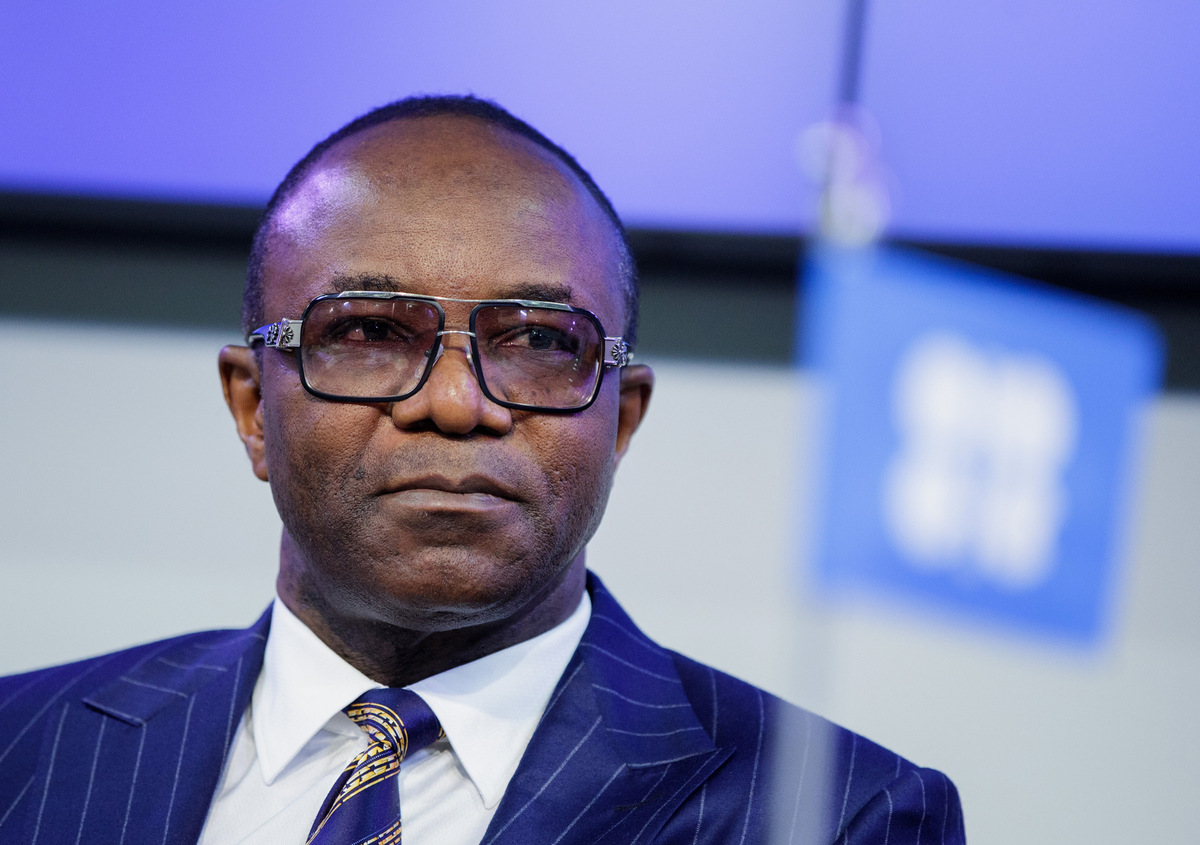- Nigeria’s Oil Production Falls to 1.2 Million Barrels
The nation’s crude oil production has fallen from two million barrels per day to as low as 1.27 million bpd amid the shutdown of two major export grades.
The country produced 1.269 million bpd last month, according to direct communication with the Organisation of Petroleum Exporting Countries.
The 13-member oil cartel, in its newly released monthly oil market report for April, said Nigeria recorded the biggest decline of 157,000 bpd in March.
Few days after Italy’s Eni lifted force majeure on Brass River crude oil exports from Nigeria in February, the Minister of State for Petroleum Resources, Dr. Ibe Kachikwu, said crude oil production had risen to two million bpd.
But early last month, Shell Nigeria Exploration and Production Company Limited shut down the Bonga field to enable it to commence turnaround maintenance on it, a development that has reduced oil production and exports.
According to SNEPCo, production from the field is expected to resume at the conclusion of the exercise this month.
The Bonga Floating, Production, Storage and Offloading vessel has the capacity to produce 225,000 barrels of oil and 150 million standard cubic feet of gas per day.
The shutdown of the Bonga field came a year after Shell declared force majeure on Forcados oil exports after the terminal was shut. It has yet to be lifted as of the time of filing this report.
The force majeure, a legal clause that allows a company to stop shipments without breaching contracts, was declared on February 21 after the Forcados export line was attacked by militants in the Niger Delta a week before.
According to the Nigerian National Petroleum Corporation, at the Forcados terminal alone, about 300,000 bpd to 330,000 bpd were shut in since February 2016 following the force majeure declared by the SPDC.
In October last year, Shell resumed export of crude oil from the Forcados terminal following repairs, but the production wells were shut-in again due to the shutdown of the Trans Forcados Pipeline on November 9, 2016 as a result of sabotage on the 48-inch crude export line.
While Nigeria had consistently been Africa’s largest oil exporter, its loadings have fallen below those of Angola several times over the past year as it dealt with militant attacks on oil infrastructure in the Niger Delta.
The NNPC said in its latest monthly report that the Federal Government’s engagement with the Niger Delta militants had continued to enhance production.
The corporation said, “Areas much affected by the militant activities are the onshore and shallow water assets, where government’s share is high. Hence, sustained security of onshore and shallow water locations remains a priority to restore production to peak levels.”
Kachikwu, who disclosed the increase in oil output to two million bpd in February to the House of Representatives Committee on Petroleum Resources (Upstream), also spoke on the Forcados Oil Terminal.
He informed lawmakers that repair works on the facility were nearing completion, saying it could be reopened in a matter of weeks.
“In some weeks, we will be able to progress to 2.2 million bpd, which is the target of the (2017) budget,” he said.

 Forex2 weeks ago
Forex2 weeks ago


 Naira2 weeks ago
Naira2 weeks ago
 Billionaire Watch2 weeks ago
Billionaire Watch2 weeks ago




 Naira2 weeks ago
Naira2 weeks ago




 Naira2 weeks ago
Naira2 weeks ago




 Naira4 weeks ago
Naira4 weeks ago


 Naira6 days ago
Naira6 days ago
 Banking Sector4 weeks ago
Banking Sector4 weeks ago






















